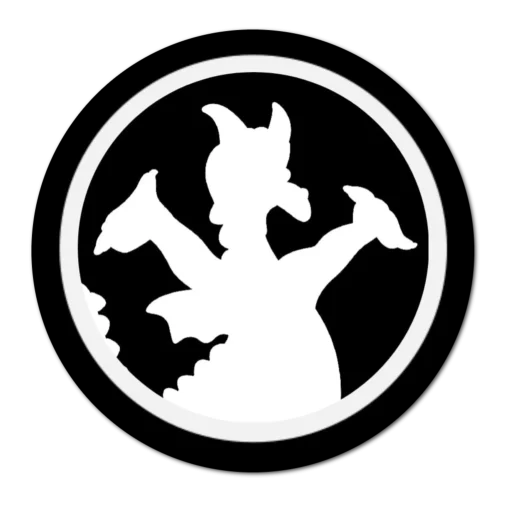When former Disney CEO Bob Iger made Disney history with his November 2018 announcement of the planned rollout of the Disney+ streaming service, social media buzzed over how Disney would impact the direct-to-consumer (streaming) market. During an anticipation-filled year ahead of the November 2019 debut, Disney dropped many teasers and announcements of initial offering content, release dates, and original films and series in development. Excitement grew, with fans eager to get their hands on the extensive Disney “vault” as well as taking some new content out for a test drive.
Lucasfilm’s Breakout “Asset”
Once Disney+ debuted, the initial blockbuster was, of course, the Star Wars series The Mandalorian, which took pop culture by storm with the introduction of The Child (aka Baby Yoda, aka Grogu).
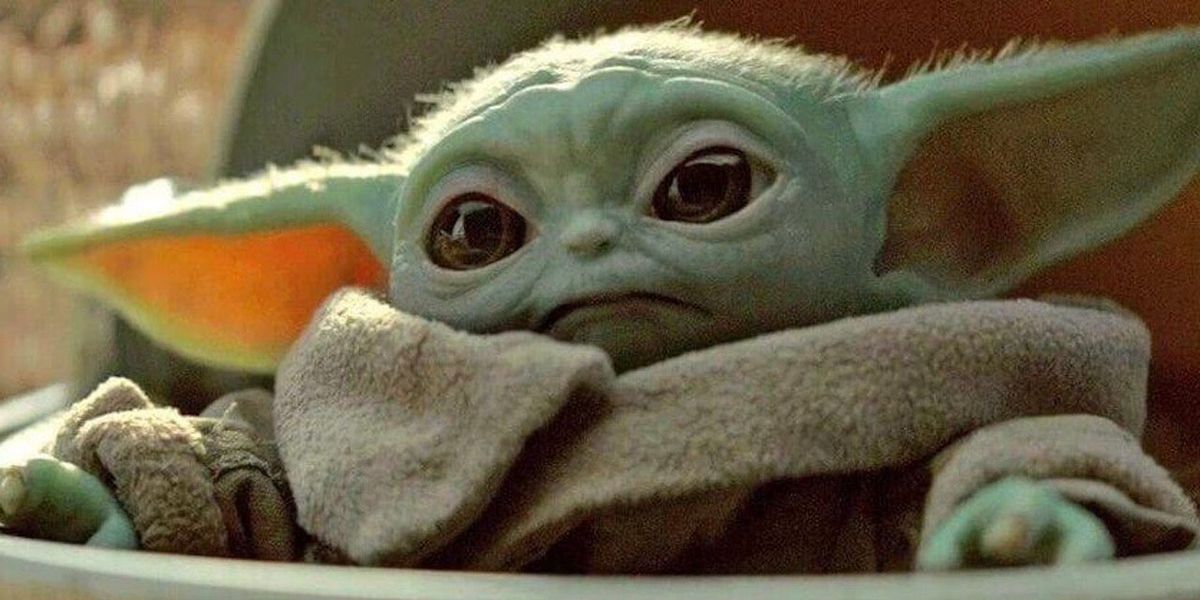
We are now in our second consecutive Christmas season monopolized by Mando’s charming little friend. For a franchise that has struggled in recent years, The Mandalorian gave Star Wars the shot in the arm that it desperately needed to keep generations of fans wanting more.
Marvel’s Turn to the Small Screen
Lucasfilm may have streamed the first salvo, but Marvel Studios had quite a bit of content up it’s super sleeve. Marvel’s top priority was to keep the Marvel Cinematic Universe (MCU) buzz high after completion of the “Phase 3” portion of the master plan.
Marvel’s first entry into the direct-to-Disney+ streaming market included WandaVision in early 2021, with other series releasing regularly over the remainder of the year. Over their first year of streaming, Marvel film series have included the following, in order of release date:
- WandaVision (January 15, 2021)
- The Falcon and the Winter Soldier (March 19, 2021)
- Loki (June 9, 2021)
- What If…? (August 11, 2021)
- Hawkeye (November 24, 2021)
Ranking Marvel’s First Five Streamers
As we near the end of 2021 with the conclusion of Hawkeye, I took some time to look back on Marvel’s first year of new content on Disney+. In doing so, I found myself quite surprised with how differently I felt about each of these series, versus my initial level of enthusiasm for each.
For the purposes of my opinions, I consider myself just a tick above the “casual fan” category. I don’t actually read any paper (or online) comics, but I do follow the MCU film content quite closely.
I certainly can’t speak for anyone other than myself, but indulge me as I take my shot at ranking all five Marvel 2021 streaming series. I’ve listed them in reverse order according to my anticipation. With each entry, I also offered my post-viewing impression ranking.
Hawkeye (Spoiler-Free)
Did Clint Barton shoot a bullseye in 2021?
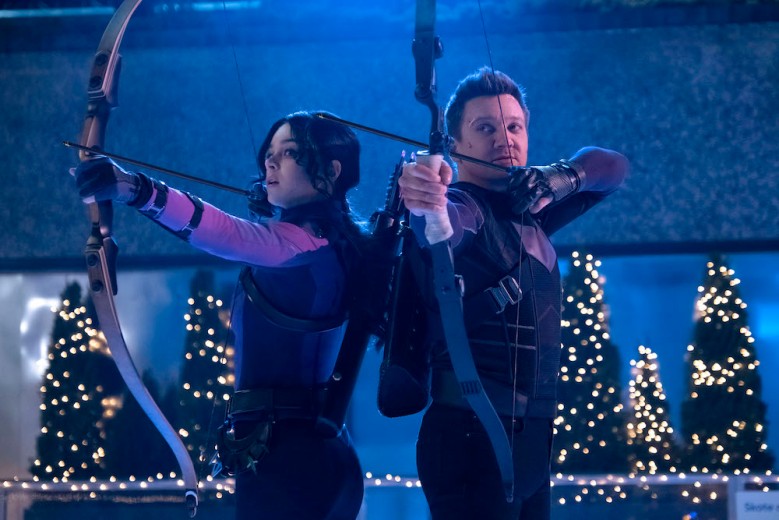
Anticipation – #5
This last-to-be-released 2021 series was also the one that held the least amount of interest to me. Most casual MCU fans would consider Haweye to be the all around weakest Avenger, and also among the least interesting. So the only thing calling me to watch this series was my need to keep current with the MCU story lines. That…and Christmastime?
Actual Impression – #2
Wow, did Hawkeye surprise me. My lukewarm interest in the idea of a Clint Barton series spiked considerably when recent trailers promised the sights, sounds, and sentiments of the yuletide season. I’m a sucker for anything set at Christmastime, so how could I say no to Christmas in New York?
Since Hawkeye is still so recent in its release, I will remain spoiler-free here. My biggest takeaway – and what I enjoyed most about the series – was its simplicity. There were no complicated multiverse threads to navigate, and very little back-and-forth timelines to juggle. For the most part, the conflict took place at street level. The story largely stood on its own, with occasional delicious ties to other threads in the MCU. The series did not try to be larger than it needed to be, which was essential considering it was only a short six episodes in length.
The introduction of Kate Bishop (Hailee Steinfeld) is a welcome addition to the MCU. Her spunky attitude is a perfect compliment to Clint Barton (Jeremy Renner), who has a generally sour disposition. The two characters quickly establish a relationship that harkens back to Clint’s celebrated friendship with fellow Avenger Natasha Romanof.
Many other characters in the series also offer their own brand of humor, including the Track Suit Mafia – who collectively exude a keystone cops vibe, Jack Duquesne (Tony Dalton) – who just oozes slimy charm, and the LARPers – who possess the amazing superpower of making Clint smile once in a while.
The primary adversary progresses during the series, starting with a host of “who’s the bad guy” questions. About a third of the way through the series, Maya Lopez (Alaqua Cox) – otherwise known as Echo, emerges as the main threat. The hearing impairment shared by both Maya and Clint adds a layer of meaning to their relationship, even though they are on opposite sides of this conflict. Over the course of the remainder of the series we come to learn of other larger threats making their way into Clint’s story. The timing and pacing of their entries was smooth and deliberate. Nothing was entirely shocking, and that’s ok – not every Marvel film or series has to pull the rug out from under fans’ collective feet.

And did I mention Christmas? And pizza dog? Sign me up! This series wins my vote for the most under anticipated (and overachieving) series.
The Falcon and the Winter Soldier
This was Marvel’s take on a buddy flick, with some “odd couple” sprinkled in for comedic effect.

Anticipation – #4
If I’m being perfectly honest, Bucky Barnes – aka the Winter Soldier (Sebastian Stan) has always creeped me out. Original Bucky circa World War II was fine, but the “new” Bucky just never did it for me. I don’t find him compelling, and his modern look just doesn’t jive at all with his “classic” look. Sam Wilson (Anthony Mackie), on the other hand, has always had my vote for being a character I truly care about. Similar to Clint Barton, Sam has no innate superhero powers. But his everyman abilities, combined with his winning attitude put him much higher on my list than many other characters. So this is my long-winded way of saying I had mixed levels of anticipation, but an overall feeling of these two second-level characters being elevated to prime time.
Actual Impression – #4
This series landed right about where I felt it would. On the surface, it seemed to be used as a vehicle through which Marvel would convince fans to care more about Sam and Bucky, at least enough for them to continue on in the overall MCU storyline.
The bickering between these boys was fun for a little while. But once the presence of their common foe progressed their relationship to the point of being true teammates, the humor disappeared, and was replaced with fairly bland emotion.
Speaking of foes, this series offered a very ho-hum villain in the form of the Flag Smashers, led by Karli Morganthau (Erin Kellyman). The moral gray space occupied by this group was neither compelling nor convincing. The Sharon Carter / Power Broker secondary villain role also fell flat. I’m not sure if this was due to poor character development, or a lackluster performance by Emily VanCamp. Either way, the character just wasn’t interesting (I never found her interesting in the Captain America films either).
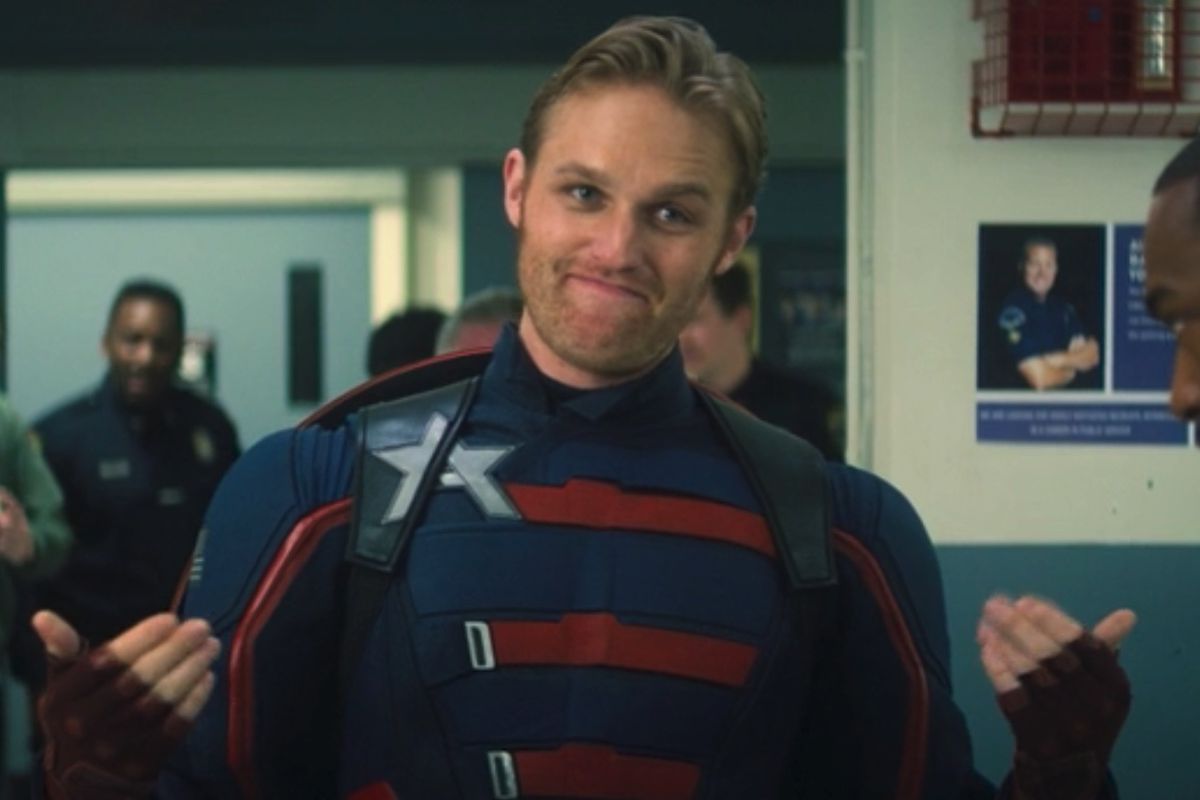
The one villain that did feel compelling was John “not my Captain America” Walker (Wyatt Russell). This guy was so flawed and hatable, I couldn’t help but like him a little. I’m excited at the idea of seeing more of him in future MCU offerings. Unfortunately, with this series being another short size (only six episodes) the villain field was too crowded to do each one justice.
This series had the best of intentions, but it tried too hard to highlight issues of social injustice. In the finale episode especially, Sam Wilson – newly minted as Captain America – came off sounding a little too much like an activist on the steps of Congress. This was all great intentions, but it just disrupted the flow of the story too much to feel natural.
One bright spot in this series was the return of Helmut Zemo, played to creepy perfection once again by Daniel Brühl. Any time you can put your stamp on social media with a dancing GIF, you know you’ve done well.
WandaVision
“So what exactly is WandaVision supposed to be?” – (most people prior to the release of WandaVision)
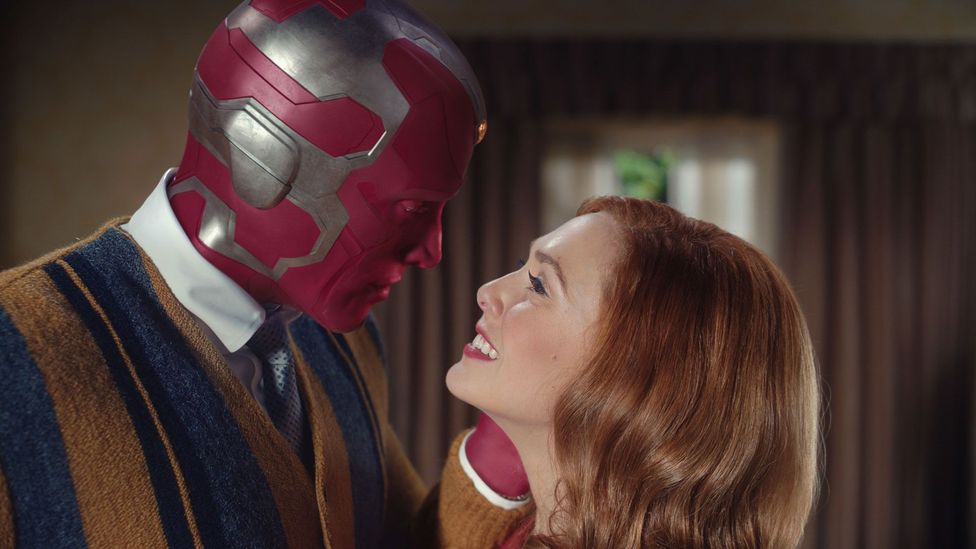
Anticipation – #3
Similar to The Falcon and the Winter Soldier, my initial take on the idea of WandaVision was that Marvel was trying to convince us to care more for a couple secondary characters. Being only of moderate comic fandom, I didn’t have the prior knowledge of these characters to care too much about their backstory. And their time in the MCU to date was of limited interest to me. But the idea of a show that progressed through the decades of American television hit me right in the vintage feels, so I was prepared to buy in.
Actual Impression – #1
The notion of a tidy classic American utopia has always captured my imagination. So when Marvel stepped outside the usual superhero film framework, I was all in routing for this series to succeed.
Both Wanda (Elizabeth Olsen) and Vision (Paul Bettany) charmed their way through the decades, taking on idealistic television shows like I Love Lucy, The Brady Bunch, and Family Ties with convincing ease. On the surface, their performances in these time capsule episodes were excellent. But when fans dug deeper – uncovering dozens upon dozens of clues about the show’s real intent – that’s where this show really shines.
Rewatching WandaVision wasn’t only fun, it was necessary in order to catch all the details. Marvel packed so much information into each episode. It was only when we got several episodes into the series that people really started to understand some of what was going on.
This series had the biggest social media trending of all Marvel shows released to date, as Marvel fans the world over took to all major platforms, trying to figure out what the heck was happening, and who would emerge as the series’ true villain. Never have comic fans been so delighted by a theme song as when we learned the villain was “Agatha All Along.” Agnes / Agatha Harkness (Kathryn Hahn) stole every scene she was in, and was a devilish delight in every sense of the word. I’m beyond thrilled that Agatha is confirmed to be getting her own MCU series Agatha: House of Harkness (release to be determined).
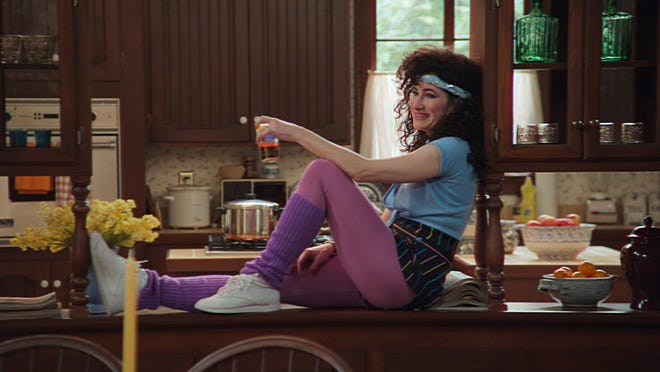
In a series that spanned nine episodes (six of which were time-stamped TV takes) most were fairly short – in the 25-30 minute range. The finale was a bit longer, and contained more of the classic superhero story flow and action we’ve come to expect in the MCU.
Aside from the impeccable style of this series, the heart underneath beats with a love rarely seen in the MCU. The pain felt by Wanda at the loss of her Vision was heartbreaking. And Vision’s frustration at who he truly could be was equally powerful. This series had the best lead acting of all MCU series to date, and was a joy to watch week after week.
What If…?
The only animated series in the group benefited from an intriguing title that promised fans a plethora of unique scenarios for consideration.
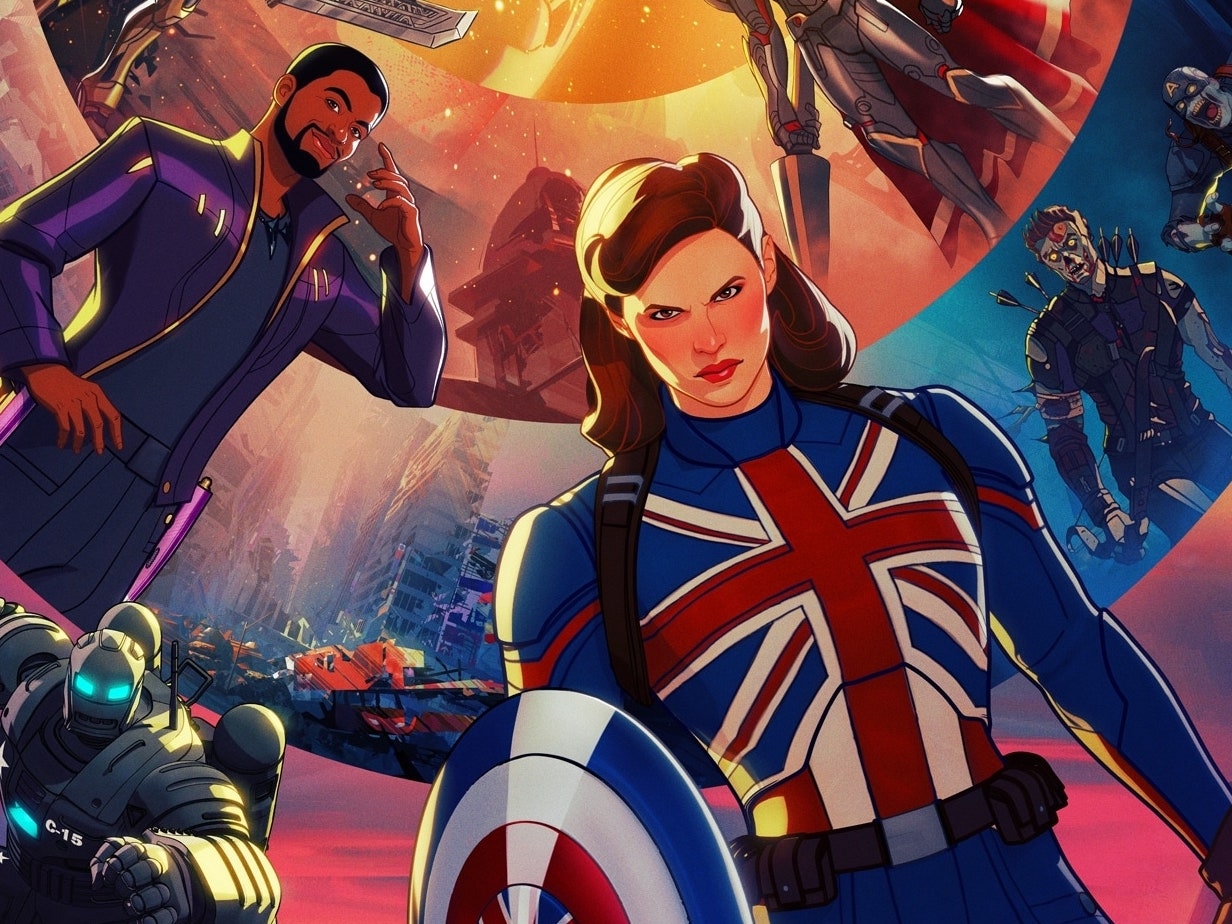
Anticipation – #2
Let’s just change one thing in a character’s world, and see how everything would’ve worked out. This series was billed as a collection of stand-alone short stories, exploring alternate timelines in the multiverse and giving fans a glimpse of how things would be if one simple (yet important) change occurred in a storyline. The concept sounded fascinating to me, and I was ready to be wowed.
Actual Impression – #5
This series fell flat for me big time. It just didn’t hold my interest. I think this is where my limited interest and familiarity with actual comic books rears its head. While the animation was striking, it just didn’t have the emotional impact and intrigue of live action actors, despite the fact that most of the major heroes were voiced by their live-action counterpart actors. I always found the flow of graphic novel conversations to be goofy, staged, and distracting. The dialogue in What If…? felt very much in that vein. This may have been completely by design, and meant to appeal to the true comic fan, but it just didn’t work for me. More importantly, the individual stories, which took place entirely (for the most part) over one episode apiece, didn’t have time to develop enough to make me care.
Perhaps the most popular episode of the series was the zombie apocalypse episode – adding one more concept in which I’ve never had an ounce of interest.
I won’t say this series was bad, because I can recognize when an artist does something creatively remarkable. The style and execution of the series was just not something that appealed to me, kinda like country music (my sincere apologies to country music fans). The nine-part series put forth a bold effort that has been rewarded with a second season, coming in 2022. Well done, Marvel. I wish I could’ve felt it.
Loki
The God of Mischief is ready to step out from under his brother’s shadow.
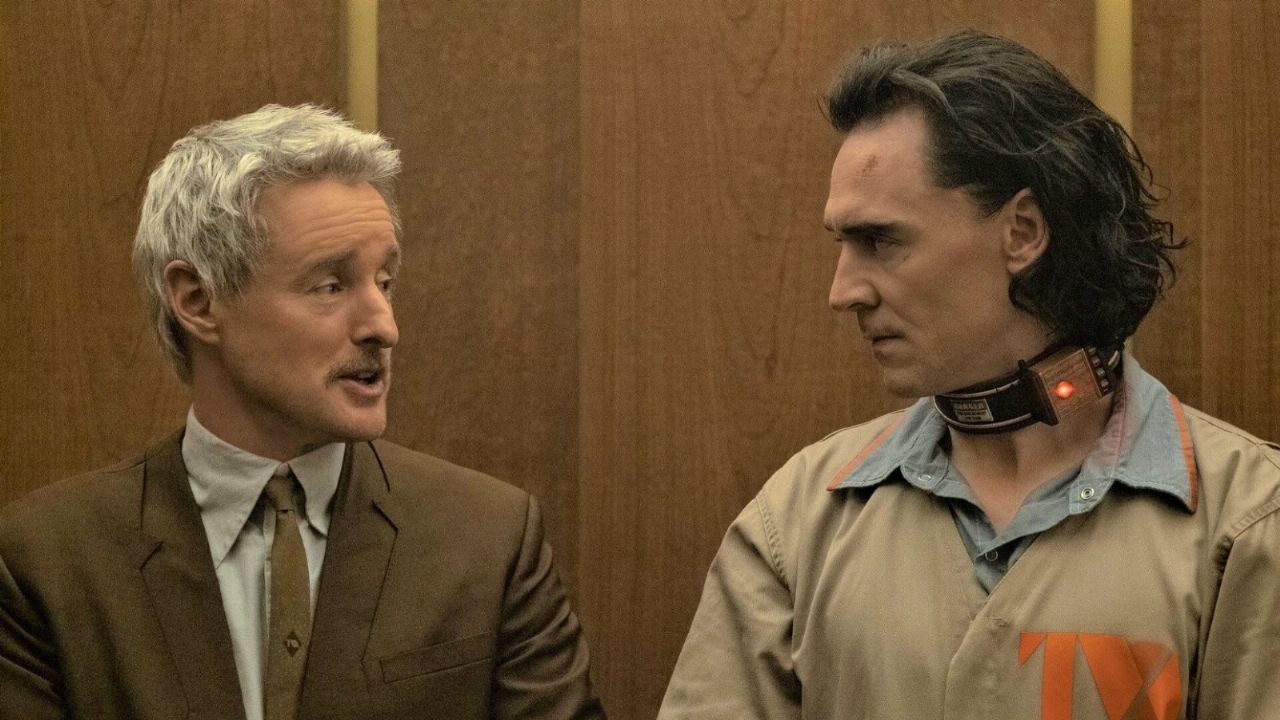
Anticipation – #1
When I saw the initial list of Marvel shows in development for Disney+, Loki was the one that grabbed me most enthusiastically. He is by far my favorite villain in all the MCU, bringing his own unique brand of wit to each film in which he appears. I couldn’t wait to see Tom Hiddleston take the character in a new direction.
Actual Impression – #3
Loki was yet another short, six-episode series, trying to tell a story in a short amount of time. But there was one major difference between this series and Marvel’s other two six-episode series. Loki’s story was way too big to tell in such a short time. Thankfully, we already know we are getting a second season (release to be determined).
When Loki and his primary pursuer Mobius (Owen Wilson) share screen time together, the result is pure magic. The back and forth verbal chess these two play is endlessly entertaining to me. It’s what the Falcon and the Winter Soldier tried to do with Sam and Bucky, but the dialogue in Loki was just so much more meaningful. Unfortunately, Loki and Mobius were separated partway through the series, and that dynamic was lost while they were apart.
Over the course of the series, Loki (the character) progresses from a humorous villain to a sympathetic protagonist. While the transformation was admirable, I must admit I like Loki much better when he is bad and distrustful. It’s what makes him the God of Mischief.
On the villain front, we are tracking the behind-the-scenes maneuvers of the mythical Time Keepers, only to learn near the end that they are not actually real. They are essentially puppets, much like The Wizard of Oz. The real villain turns out to be Kang the Conqueror (Jonathan Majors) – a figure that deep comic book fans (unlike myself) were familiar with and prepared for. Unfortunately, Kang’s only appearance came in the show’s finale episode. In fact, most of the finale was spent in conversation and mental positioning, serving up what I felt was the flattest finale of the four single-story series released this year.
One of the most intriguing elements of Loki is also one of the most difficult to accept. The concept of the “multiverse” has been played with for a long time in comic books. It has been brewing in Spider-Man’s corner of the MCU for a while as well. As I have since learned – the multiverse is a concept whereby a collection of alternate universes share a universal hierarchy. These universes diverge from a common origin, then exist separately, with the ability to impact – and even destroy – each other (it makes more sense when Miss Minutes explains it).
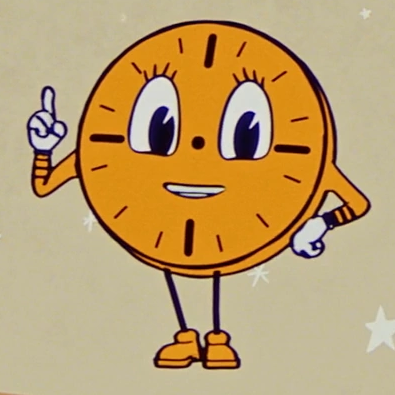
The multiverse concept is one with which I have only a loose grasp to begin with. Loki took the concept of the multiverse and blew the doors wide open. Once that happens and anything is possible, then nothing is impossible, and therefore nothing can ever be as impressive as it otherwise might be. Sound confusing? That’s because it is – at least to me.
I love Loki, but I don’t particularly like the multiverse. I find it makes things overly complicated, and it also offers a lazy way to change past interpretations of character arcs. If a storyline isn’t working, just start over in a new divergence. It minimizes the impact of things that have happened, or could happen in the future. Marvel, can you try your hand at “a-little-less” multiverse? That’d be great (I’ll still tune in for season two though. I need to see Mobius finally ride his jet ski).
Final Impressions
By and large, I enjoyed the first year of Marvel’s MCU series offerings. There were surprise impressions – both for better and for worse. But that is exactly what makes Marvel’s storytelling in the MCU so fascinating – you never know what you’re gonna get.
As Hawkeye’s finale episode ties a bow on 2021 for Marvel’s streaming series, here’s a look at the slate for 2022:
- Ms. Marvel – Summer 2022
- Guardians of the Galaxy Holiday Special – December 2022
- She-Hulk – 2022
- What If…? Season 2 – 2022
- Moon Knight – 2022
- Secret Invasion – 2022
It looks like we non-comic book fans are gonna get our first peeks at several new characters in 2022. Are any of these releases exciting to you? Let us know with a comment on social: Instagram Facebook X (formerly Twitter)
